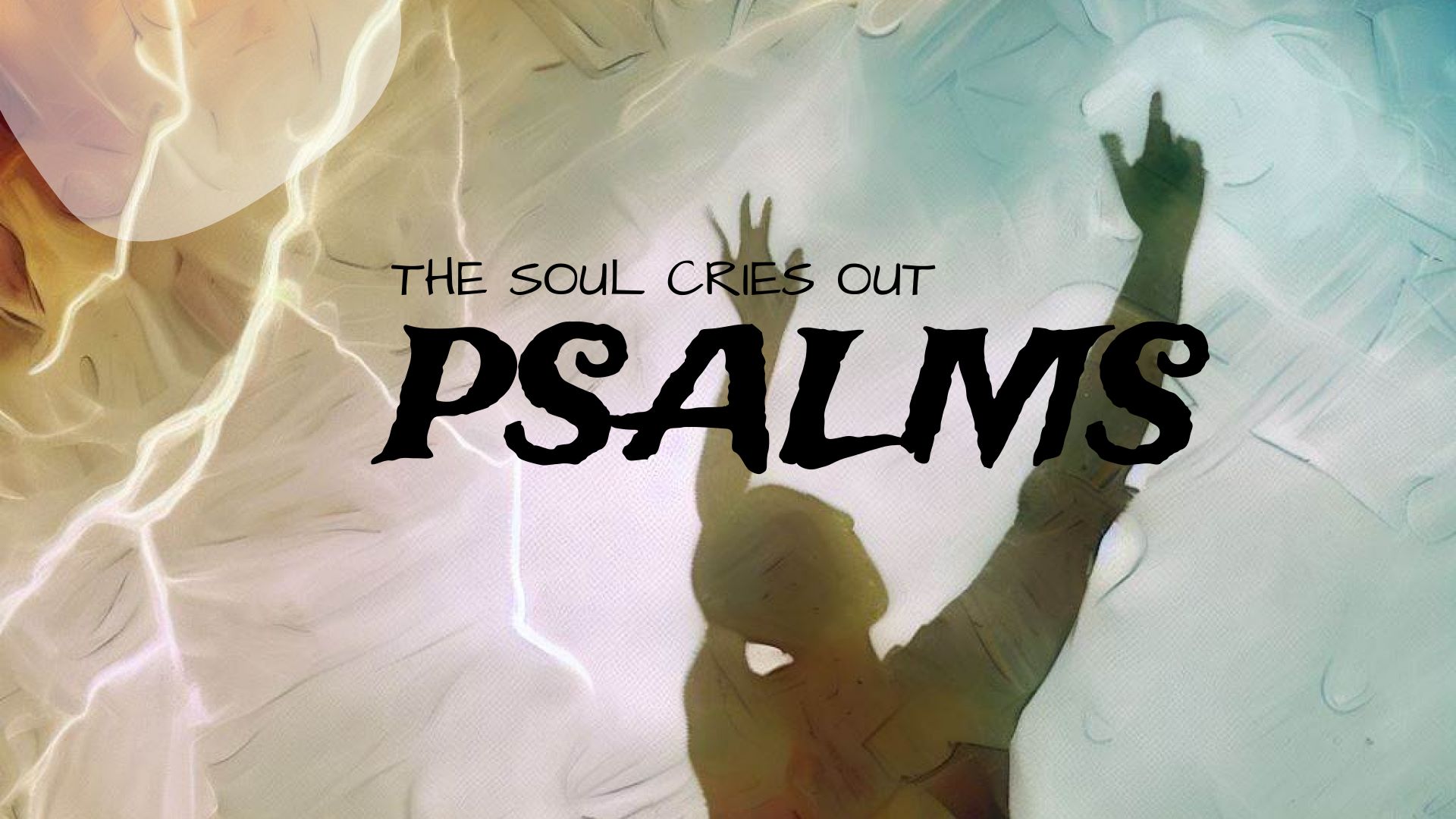We recently tackled Psalm 8, focusing on how the question “what is man” plays a key role in God’s name being majestic in all the earth. The message to proclaim the majesty of God’s name by being benevolent overlords is an important one. Yet, there is more. Another important point we barely touched upon shines through when we consider Hebrews 2:6-8, a quotation from Psalm 8, pointing towards Jesus. As the author of Hebrews continues:
“But we see him who for a little while was made lower than the angels, namely Jesus, crowned with glory and honor because of the suffering of death, so that by the grace of God he might taste death for everyone.”
Hebrews 2.9, ESV
The author of Hebrews shows us that the position of humanity in general within creation testifies to the position of Jesus the Son of God in particular within his role of redemption.
Humanity in creation
There are several psalms celebrating creation (see, for instance, 33, 104, and 145). Psalm 8 is unique in that it positions humanity at a key position: as God’s agent of governance within creation. A thoughtful reader of Genesis 1-2 will arrive at that conclusion. David, the traditional author of this psalm, certainly was a thoughtful reader reflecting on those very passages from his Genesis scroll.
Yet it takes little imagination, then or now, to see that humanity is not the greatest choice for the job. The question “What is man?” (v. 4) no doubt involves a certain amount of disbelief. Why in the world, God, would you place us in this position?
But, there appears to be more. Because David was not just a thoughtful reader of his Genesis scroll, but also of God’s unfolding promises to his people—including the promise God had given him in 2 Samuel 7.12-16.
The enemy and avenger
Psalm 8.2 seems like an odd little detour from the rest of the psalm:
Out of the mouth of babies and infants, / you have established strength because of your foes, / to still the enemy and the avenger. (ESV)
There are no obvious connections between this verse and the rest of the psalm. None, that is, unless we read Psalm 8 against the background of God’s on-going work of redemption.
There is a consistent “enemy of God” throughout the Bible: Satan. And he wages a war against God in the realm of redemption. That is, Satan seeks to direct the heart of mankind away from God and toward destruction. The mention about God establishing strength “out of the mouths of babies and infants” could very well be a mediation on God’s promise to Eve, that her seed would successfully do battle with the serpent, Satan. There is a generally truism that in God’s work, he tends to use the weak to shame the strong, yet this also ties into looking for the Seed of Eve who will bring ultimate victory.
God’s battle is redemption and there is a babe who will defeat the Enemy.
Ending futility
As Hebrews reminds us, Jesus was for a time a little lower than the angels and is now crowned with glory and honor. God put humanity at center of creation account in Gen 1-2 because redemption through Jesus is the great action of God in the world. We might say that all the world’s a stage…for Jesus.
Psalm 8 reflects on the position of humanity within creation. Why is it that humanity plays a central role in creation proclaiming the majesty of God’s name? Because humanity is a placeholder for Jesus within God’s work. The “rule” of humanity over “all the works of God’s hands” is preparatory and partial…and is giving way to the complete rule of Jesus.
Brueggemann insightfully comments on this facet of Psalm 8:
“Human persons are to rule, but they are not to receive the ultimate loyalty of creation. Such loyalty must be directed only to God.”
Walter Brueggemann, The Message of the Psalms, 38.
Jesus is the man, the New Adam, who stands fully in both earth and heaven and is fit to receive the ultimate loyalty of creation because he is God, as well as man.
In Romans 8, we read about creation groaning for redemption from futility. Creation is longing for the true king. Its experience under humanity as ruler is a mixed bag and hardly anything to brag about. Yet, as Psalm 8 joins in the biblical reflection on creation and on the special place of humanity therein, it points us to the broader hope that through Adam and Eve a Redeemer will come. One who will enable all creatures and all creation to become what God intends for them.
Psalm 8 is well aware that a merely human king like David can’t pull that off. But one who is a little lower than the angels for a while, and is then crowned with glory and honor as God of the Universe?
Well, Jesus can do that.

